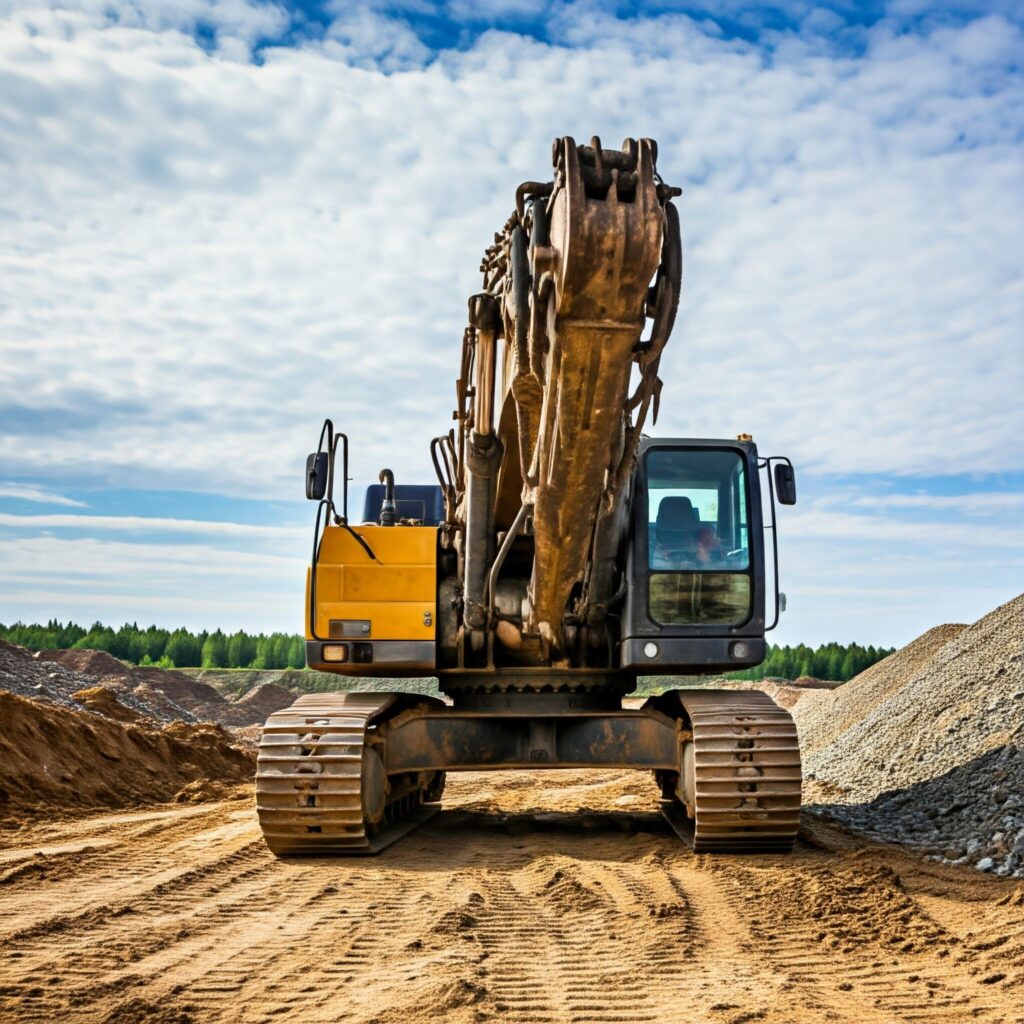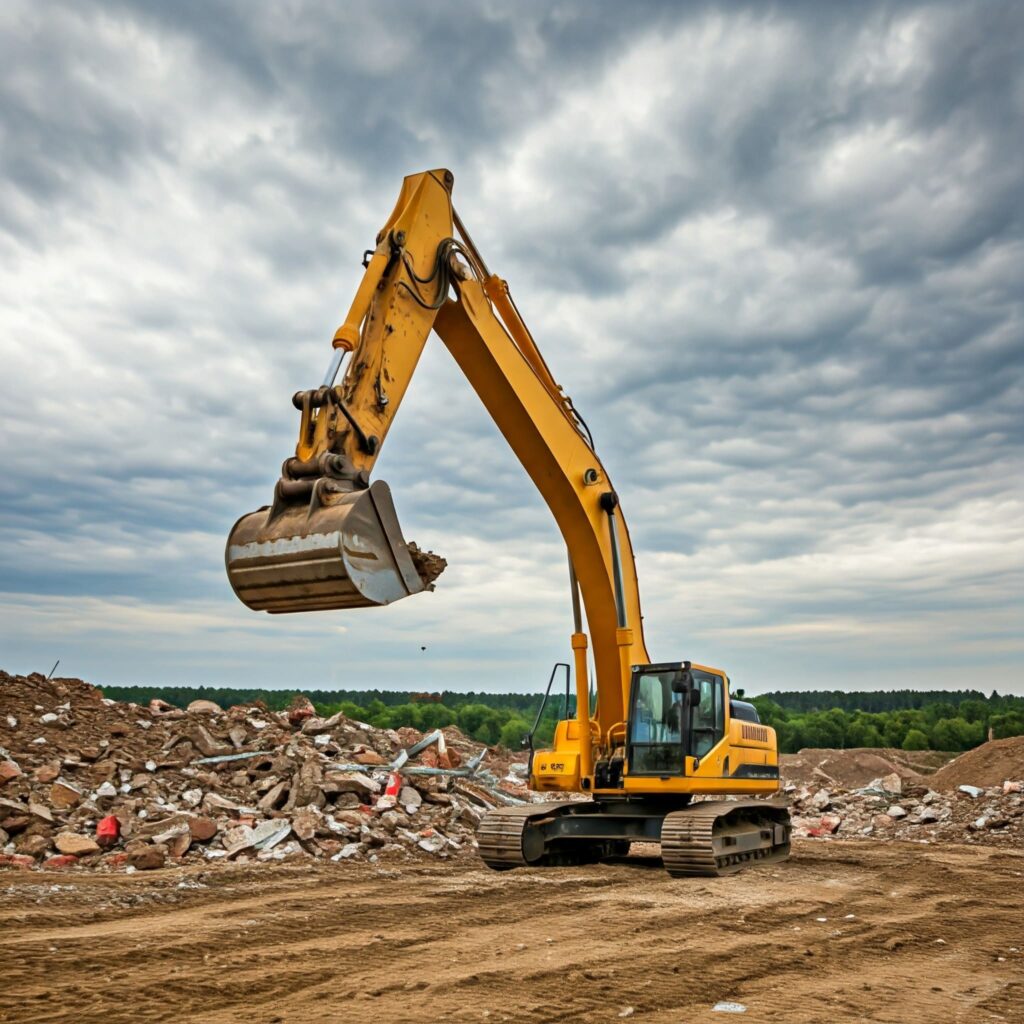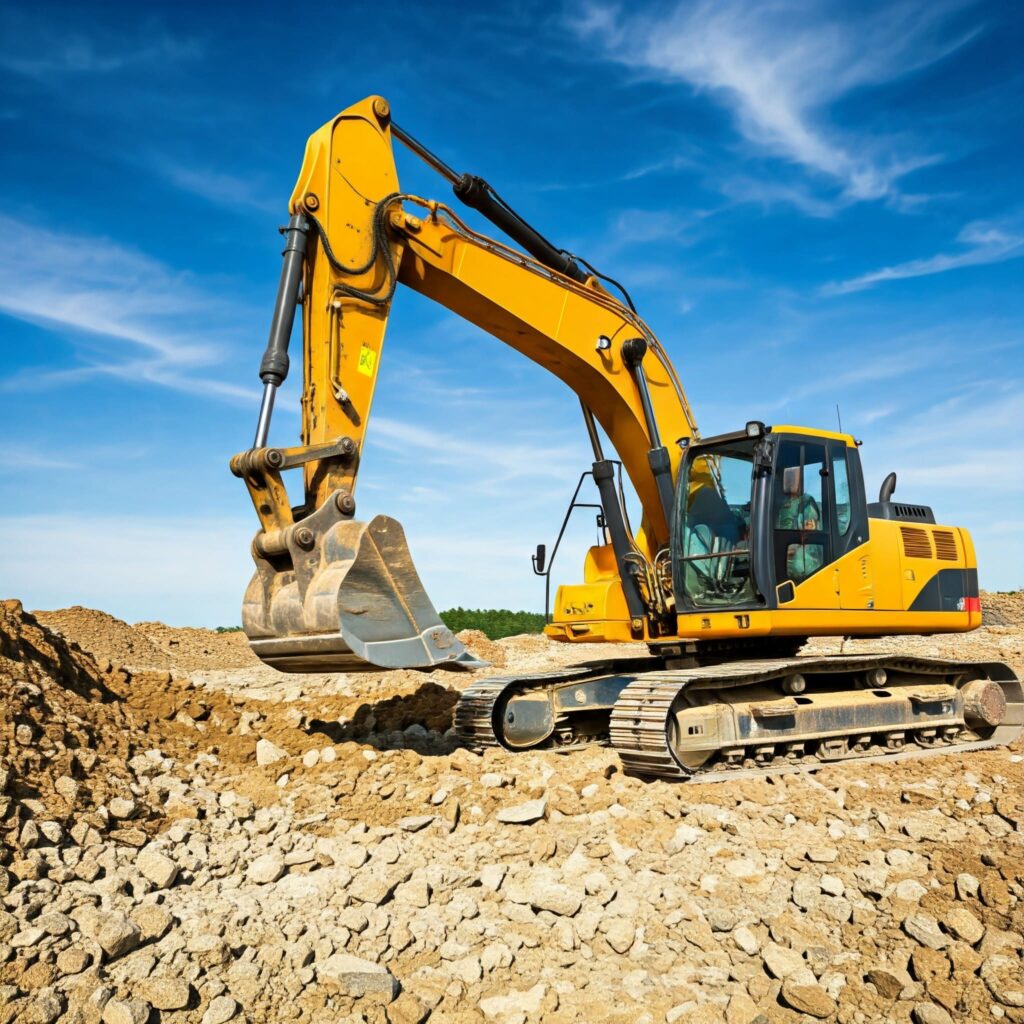Hydraulic oils serve as the backbone of numerous industrial and mechanical systems, from heavy-duty machinery to precision tools. Understanding their life expectancy, maintaining optimal performance, and choosing the right formulation are essential steps for reducing wear, ensuring system efficiency, and minimizing downtime. This article offers an unbiased, research-oriented analysis of hydraulic oil life expectancy, delving into the structural factors that impact performance and comparing leading formulations from AMSOIL, Lucas Oil, and Valvoline.
What Determines Hydraulic Oil Life Expectancy?
Hydraulic oil, like any other engineered fluid, has a finite service life influenced by environmental, chemical, and operational factors. While service intervals vary depending on the specific conditions, two main contributors to oil degradation have been consistently observed in studies:
- Oxidation Stability
High temperatures accelerate oxidation, which leads to acid formation, thickening, sludge, and varnish accumulation. Oxidized oil compromises lubrication, increases friction, and shortens component life. - Contamination and Wear
Hydraulic systems face constant exposure to contaminants such as moisture, particulates, and even air. These contaminants disrupt oil properties, corrode internal components, and amplify abrasive wear. Water contamination, for example, creates emulsions that degrade lubrication efficiency and can lead to pitting or corrosion inside pumps and actuators. - Thermal Management
Hydraulic fluids must perform within specific operating temperature ranges. Exceeding design parameters—whether at high or low extremes—leads to viscosity changes that reduce fluid effectiveness and accelerate mechanical wear.
Synthetic vs. Mineral-Based Hydraulic Oils
Choosing between synthetic and mineral hydraulic oils depends largely on operational demands and cost considerations. Synthetic oils are often favored in extreme environments or high-stress applications, while mineral-based oils find broader use in systems with moderate demands.
| Oil Type | Key Benefits | Key Limitations |
| Synthetic Oils | Superior performance in high/low-temperature extremes, oxidation resistance, and extended service life. | Generally higher upfront costs and less suitable for older systems with rubber-seal compatibility issues. |
| Mineral-Based Oils | Cost-effective, widely available, and adequate for systems with low to moderate operational demands. | Faster breakdown under pressure or heat, leading to shorter intervals and increased long-term maintenance costs. |
Unbiased Brand Comparison: AMSOIL, Lucas Oil, and Valvoline
When evaluating hydraulic oil options, it’s critical to analyze brands based on measurable attributes such as thermal stability, wear protection, and fluid behavior under contamination. Below is an impartial, side-by-side evaluation of three widely used hydraulic oil families.

AMSOIL Synthetic AW Series Hydraulic Oils
- High-Temperature Properties: AMSOIL’s use of synthetic base oils and advanced additive systems ensures significant resistance to oxidation and thermal breakdown, reducing sludge formation even under sustained heat.
- Cold-Temperature Fluidity: AMSOIL excels in environments requiring reliable performance in sub-zero temperatures, providing better fluidity during cold starts compared to alternatives.
- Anti-Wear Performance: A zinc-based additive package protects against wear in high-speed or high-pressure systems, particularly in equipment with bronze-to-steel contact, such as vane pumps.
- Target Applications: Heavy-duty industrial machinery where extreme temperature fluctuations and high system pressures are common.
Lucas Synthetic Non-Conductive Anti-Wear Hydraulic Oil
- Oxidation Stability: Lucas Oil products emphasize longevity by formulating with high-purity base oils that minimize formation of deposits and varnish in hot environments.
- Wear Reduction: Effective anti-wear additives protect system components from abrasion, extending the lifespan of precision parts such as pistons and cylinders.
- Foam Management: A foam inhibitor ensures consistent flow throughout the hydraulic system, reducing the risk of cavitation and flow issues.
- Target Applications: Mid-range industrial setups and systems requiring non-conductive properties, such as those operating near sensitive electronics.
Valvoline Anti-Wear Hydraulic Oil
- Oxidation and Water Management: Valvoline uses Group II base oils, which offer good oxidative stability while maintaining superior demulsibility characteristics. Rapid water separation capabilities prevent emulsions, a common source of corrosion and inefficiency.
- Corrosion Protection: Additives include rust inhibitors and foam suppressants to keep sensitive internal components functional over extended intervals.
- Economic Considerations: As a mineral-based solution, Valvoline is a cost-effective choice for general-purpose hydraulic systems with moderate environmental demands.
- Target Applications: Systems requiring reliable performance against minor contamination but not necessarily pushing extreme operational thresholds.
Practical Maintenance Methods to Amplify Hydraulic Oil Life
Regardless of the brand or type selected, extending the functional life of hydraulic oils depends on user-driven maintenance strategies.
- Implement Proactive Oil Analysis
Routine laboratory analysis of oil samples allows operators to monitor viscosity, additive depletion, and contamination levels in real-time. Key tests like spectrometry and particle count analysis can preemptively detect degradation trends. - Optimize Filtration
High-quality filters remove particulates and water, maintaining cleanliness and preventing premature chemical wear. Regularly replace filters as outlined by system manufacturers. - Temperature Regulation
Avoiding overheating is paramount to preventing oxidation. Employ cooling systems or ensure routine checks to verify that hydraulic systems operate within manufacturer-recommended temperature ranges. - System Sealing and Tank Maintenance
Properly seal fluid reservoirs to prevent water and airborne particulate entry. Inspect hoses, fittings, and tanks during maintenance cycles.

FAQs: Key Questions from Users
1. How often should hydraulic oil be replaced?
Mineral-based oils typically last 1,000–2,000 hours, while synthetic oils, such as AMSOIL’s AW Series, can extend beyond 10,000 hours under optimal conditions. However, the specific interval depends on oil usage and contamination levels.
2. What happens if water enters hydraulic systems?
Contaminated oil with water can emulsify, reducing lubrication efficiency and risking corrosion. Oils like Valvoline Anti-Wear Hydraulic Oil or Lucas Synthetic offer strong demulsibility characteristics, enabling effective water separation.
3. Are synthetic oils always better?
Synthetic oils outperform mineral oils in extreme conditions but may not be cost-effective for systems with basic performance requirements or light workloads.
Conclusion: Taking an Analytical Approach to Hydraulic Oil Selection
Choosing the right hydraulic oil involves balancing system demands, operational conditions, and maintenance priorities. AMSOIL excels in high-performance environments requiring extreme stability and wear resistance, while Lucas and Valvoline offer competitive solutions for medium-duty systems with specific features like foam control or corrosion defense.
By focusing on data-driven decision-making and implementing robust maintenance practices, operators can extend system life, minimize downtime, and maximize the return on investment from hydraulic oils.
